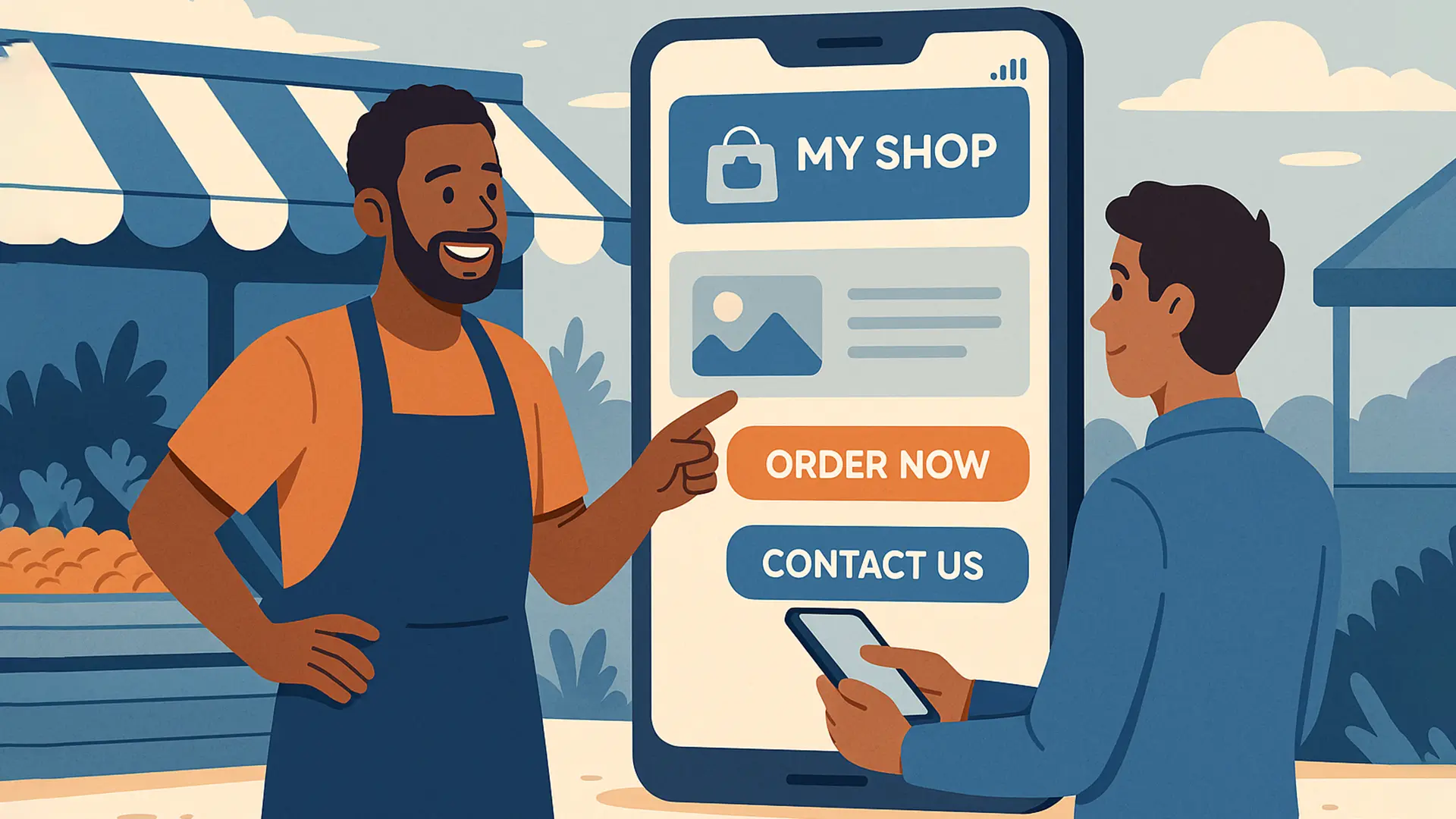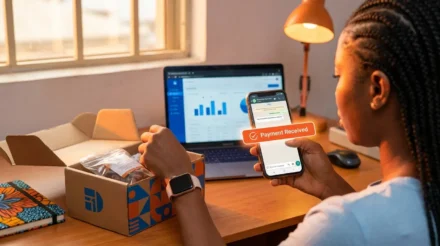Should Your Business Have a Mobile App?
If you run a small business in Nigeria, you’ve probably noticed how everyone is glued to their phones. From ordering food to banking, mobile apps are part of daily life. But is developing a mobile app the right move for your business? This post will answer that question in a conversational way. We’ll cover the benefits of mobile apps for small businesses, the local Nigerian context, and key considerations before you dive into app development.
Why Consider a Mobile App for Your Small Business?
Let’s start with the big question: “Do I really need a mobile app?”
Not every small business must have a custom mobile app. However, many SMEs are turning to apps for the following reasons:
- Direct Channel to Customers: Send updates, promos, and content via push notifications.
- Improved Engagement: Apps support loyalty programs, personalized offers, and convenience.
- Accessibility: Customers access your brand in one tap — no URL needed.
- Offline Capability: Useful for low connectivity zones.
- Professional Image: A quality app elevates brand perception.
Mobile Usage in Nigeria
- Smartphone usage: Over 44% smartphone penetration, forecasted to rise significantly.
- Mobile-first internet: Over 84% of web traffic is from mobile devices.
- App-friendly culture: Nigerians embrace mobile apps — from e-commerce to fintech.
Benefits of Mobile Apps for Nigerian SMEs
- Customer Engagement: Push notifications and loyalty rewards drive repeat sales.
- Branding: Your app icon stays on users’ screens.
- Streamlined Operations: Automate bookings, orders, and customer service.
- Device Integration: Use GPS, camera, and notifications.
- Offline Access: Let customers access content without data.
- Competitive Edge: Few local SMEs have apps. You can stand out.
Is Your Business Ready?
- Define what the app will do and solve.
- Have an audience or plan to build one.
- Understand development and maintenance costs.
- Choose a platform — Android first is practical for Nigeria.
- Keep it simple. Prioritize core features.
Development Tips
- Research: Look at competitor apps and customer feedback.
- Pick a method: Hire a dev, use a builder, or DIY with tools like Flutter or Glide.
- UX is everything: Design for clarity and mobile readability.
- Optimize for Nigeria: Light size, low data use, offline support.
- Test thoroughly: Launch a beta with real users.
- Promote it: Use social, web banners, and incentives to drive downloads.
Case Study: Zainab’s Bakery
Zainab’s Bakery launched an app to simplify orders and reward loyal buyers.
- Product catalog with photos
- Online and pay-on-delivery ordering
- Reward points system
- Push notifications for fresh products
The result: Higher repeat orders, better inventory tracking, and happier customers.
Common Mistakes to Avoid
- Rushing the launch: Test first, fix bugs.
- Neglecting your website: Don’t replace it — apps complement web presence.
- Ignoring feedback: Keep improving post-launch.
- Expecting instant ROI: Focus on engagement, not vanity downloads.
Conclusion
In Nigeria’s mobile-first market, apps are powerful tools — not just shiny tech. If built strategically and maintained well, they help small businesses grow, delight customers, and build loyalty. If you’ve found a problem your app can solve, go for it!













